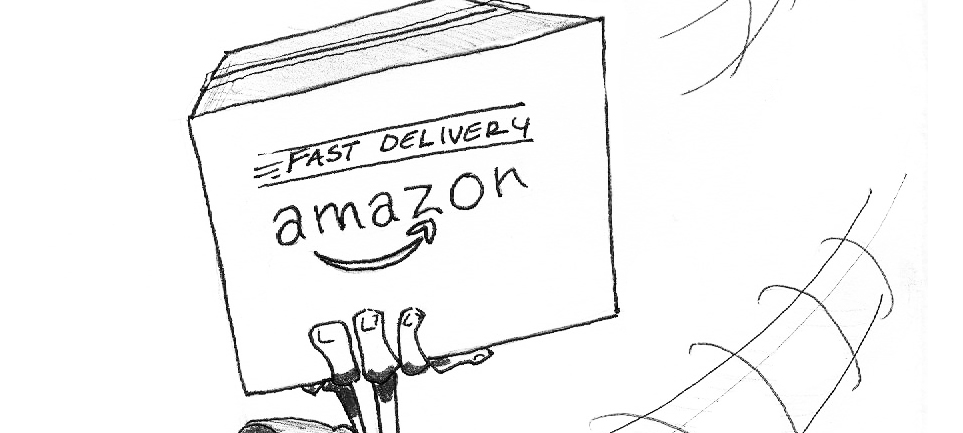I am proud to say that Virginia Wesleyan University is an inclusive, understanding place, but if there was one place on campus I would make more inclusive, it would be the cafeteria. The cafeteria has undergone many changes in the past few semesters and, in my opinion, has gotten better. The next step the cafeteria should take is to offer a station that would be inclusive to Jewish and Muslim students. As a person who is unable to eat many foods, mainly certain meats and seafood, this would greatly reduce the stress of finding something to eat and increase the relief of knowing that I’m being consistent with my lifestyle. As a non-Christian attending a Methodist university, making sure that meals are inclusive to all religions would be a major step in allowing people of other religions to feel welcome.
I understand the worry a person could feel wondering if he or she made the right choice of food. I also understand the guilt a person may feel by inadvertently eating something prohibited by his or her religion. It can be difficult for people of a religion that has forbidden foods to comfortably eat while out or at a friend’s house. Since Wesleyan houses many students for the majority of the year, it shouldn’t be difficult or uncomfortable to find appropriate food options. A few colleges have taken measures to provide halal (food following laws of the Muslim religion) or kosher (food followings laws of the Jewish religion) options in their cafeterias.
In Berkeley News, Joel Bahr described the new cafeteria at UC Berkeley, which features these new changes. “Café 3 features eight different dining stations, including the kosher-certified station, a Mediterranean bar that is also kosher, an omelet bar that exclusively uses organic and cage-free eggs, a salad bar that uses locally grown produce, a pizza station, a local cheese bar, a grill with plant-forward sandwiches and entrée items, and a vegan and vegetarian station inspired by international flavors,” Bahr said.
After searching online, I was unable to find out if any colleges in Virginia provide these options for Muslim and Jewish students except for Virginia Tech. On Virginia Tech’s website, they have an article describing how the institution provides halal food for its Muslim students. However, there may be other colleges that provide halal or kosher options that do not advertise it.
At Virginia Wesleyan, Director of Dining Services Tim Lockett said, “We offer many foods that are compatible with most diets. We do not have a certified kosher or halal kitchen or production facility on campus. Any student with a meal plan with a need for this type of meal can request special order items to be made available to them and should contact Dining Services directly.” Though we do not have a station specifically for students who must keep kosher or halal, those students do have the possibility of ordering these things specially. I do think that this is a hassle for Muslim and Jewish students who would have to do that at least twice a day. I wonder if the cafeteria staff would have the means or tools to make food kosher or halal since there are many elements to consider in preparing kosher or halal food. These elements include not only what the food is, but in some cases, especially when it comes to meat, where it is bought and who prepares it. Virginia Wesleyan should follow suit with Virginia Tech in providing inclusive meals for students of all religions. Hopefully, other colleges and universities will soon do the same.
Jasmine Demir
jkdemir@vwu.edu


